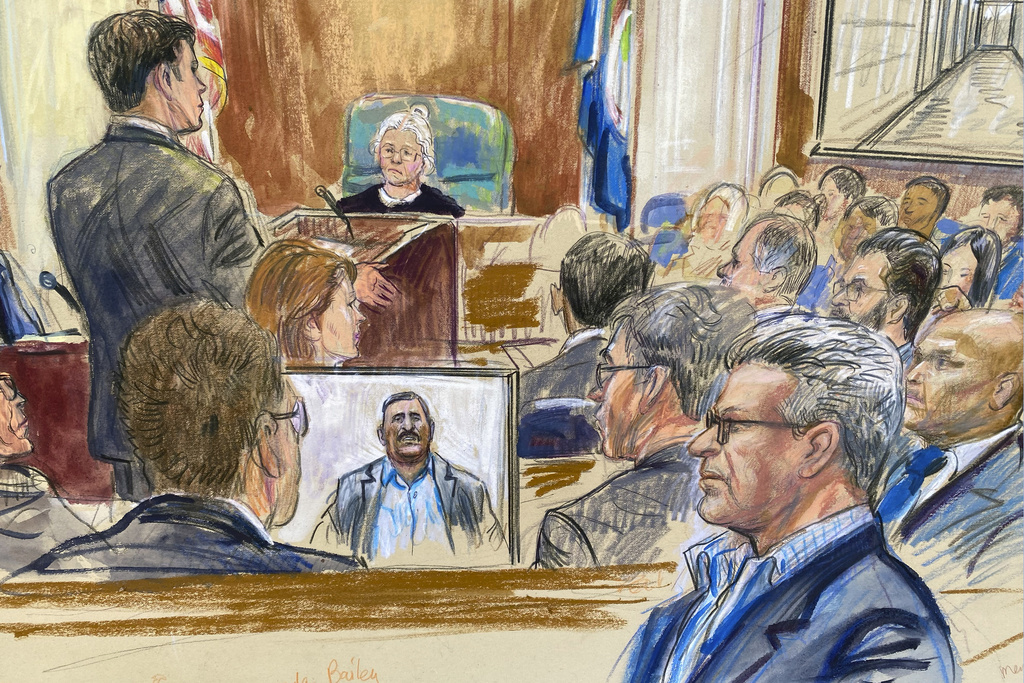Federal appellate judges on Tuesday heard arguments in case brought by a U.S. military contractor ordered by a lower court to pay $42 million for contributing to torture and mistreatment of three former detainees at Iraq’s notorious Abu Ghraib prison more than two decades ago.
The three-judge panel in the 4th Circuit Court of Appeals heard arguments and questioned attorneys for nearly an hour in the appeal brought by Reston, Virginia-based CACI, which is challenging last year’s civil lawsuit that led to a finding against it. The judges did not immediately issue a ruling. It’s not clear when an opinion could come.
The appeal centers on CACI’s challenge to the lower court’s jurisdiction.
Attorneys for the plaintiffs, Suhail Al Shimari, Salah Al-Ejaili and Asa’ad Al-Zubae, argued the case was fairly litigated at the district court level.
The hearing delved deeply into legal details and didn’t get into the specifics that came up during last year’s trial, in which the plaintiffs testified they were subjected to beatings, abuse, forced nudity and other cruel treatment at the prison during the U.S. occupation of Iraq.
A jury awarded each of them $3 million in compensatory damages and $11 million each in punitive damages.
The three did not allege that CACI’s interrogators explicitly inflicted the abuse themselves, but argued CACI was complicit because its interrogators conspired with military police to “soften up” detainees for questioning with harsh treatment.
CACI supplied the interrogators who worked at the prison. It has denied any wrongdoing and has emphasized throughout 17 years of litigation that its employees are not alleged to have inflicted any abuse on the plaintiffs in the case.
CACI had argued it wasn’t complicit in the detainees’ abuse and said its employees had minimal interaction with the three plaintiffs in the case.
Fundamentally, CACI argued that any liability for their mistreatment belonged to the government.
Photos of the abuse released in 2004 showed naked prisoners stacked into pyramids or dragged by leashes. Photos included a soldier smiling and giving a thumbs-up while posing next to a corpse, detainees being threatened with dogs, and a detainee hooded and attached to electrical wires.
Military police seen in the photos smiling and laughing as they directed the abuse were convicted in military courts-martial. But none of the civilian interrogators from CACI ever faced criminal charges, even though military investigations concluded that several CACI interrogators had engaged in wrongdoing.
Last year’s civil trial and subsequent retrial were the first time a U.S. jury heard claims brought by Abu Ghraib detainees in the 20 years since the photos shocked the world.
None of the three plaintiffs were in any of photos but they described treatment very similar to what was depicted.
The $42 million they were awarded fully matches the amount sought by the plaintiffs. It’s also more than the $31 million that the plaintiffs said CACI was paid to supply interrogators to Abu Ghraib.
(AP)











